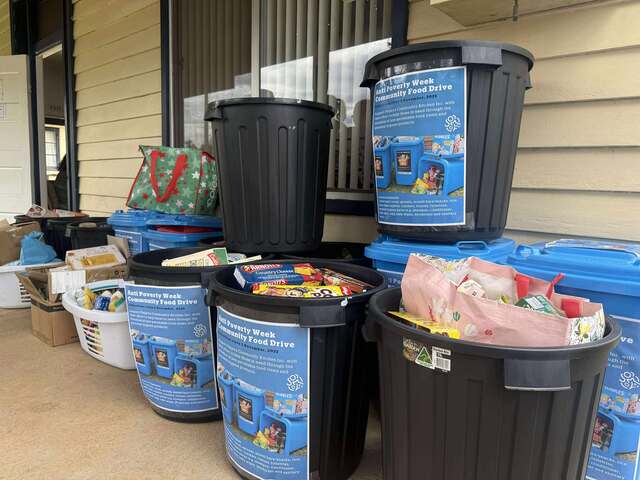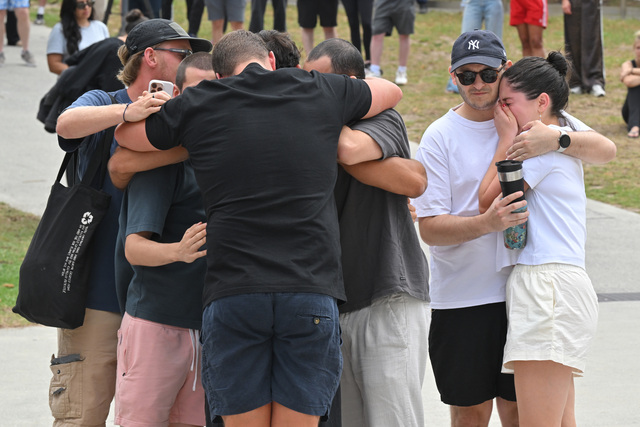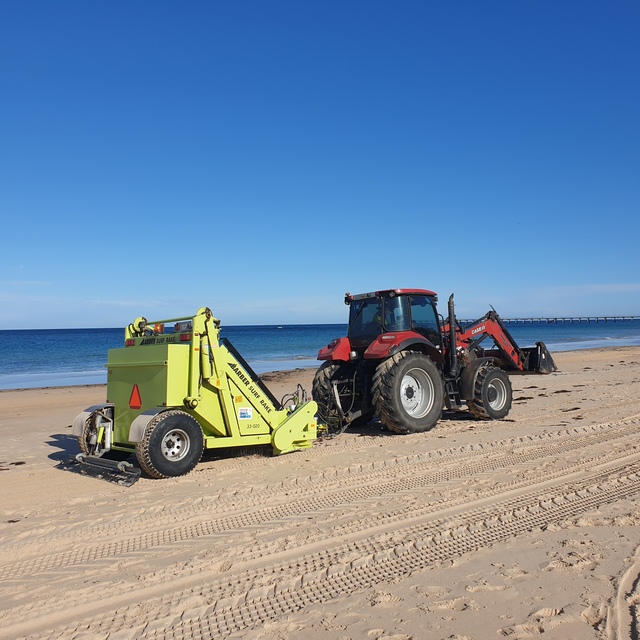The Good Oil by Rod Brown*
When a lobbyist friend here in Canberra wants to get things off his chest, he uses the pseudonym of Bogong. Just before the summer break, he penned me his latest thoughts.
“This week, in search of a cool spot, this Bogong settled in to watch the Foreign Affairs, Defence and Trade Committee do its best to come to terms with the South Pacific. We can’t seem to get it right. The rest of the world sees the South Pacific as the responsibility of Australia and New Zealand. What is our record to date?
Well after 50 years, we have got riots in Tonga, an imminent coup in Fiji, ‘whitefellas behaving badly’ in Vanuatu, a state of virtual anarchy in the Solomons and finally PNG – at least in parts – endemic lawlessness with no solutions in sight. Hundreds of millions of dollars of aid money have been spent, with all forms of training, military cooperation and political bonhomie – but very little to show. In fact it is getting worse.
Meetings like the one held in Canberra don’t even touch on the fact that unrest and frustration become breeding grounds for violence, anarchy and eventually terrorism. But there is a way forward. An integrated market for goods, services and labour is a simple answer.
Look at it this way, only 20 per cent of high school graduates in Tonga find a job, but Australia is desperately short of all manner of skilled and even unskilled workers. Pacific Islanders have strong cultures and a record of repatriating a part of what they earn. Cultural and family ties are often strong enough to take them home once they are financially independent by Island standards. And even if it is not, the numbers are miniscule in terms of our total migrant intake or even the 40,000 skilled workers now coming to Australia every year in the S.457 category.
Opening up to the South Pacific would create activities of substance for the aid program – it would make sense to offer skills to school leavers and others before they arrive on our shores. This kind of integration would, over time, strengthen representative institutions in the island states giving a more educated and traveled population a more considered voice in political processes.
Finally, this solution can be staged over a period of time. The process might begin with the smaller states such as Kiribati, Samoa and Tonga. If it works well, then Fiji, Vanuatu and the Solomons could follow. Because of its size and complexity, PNG might be the last off the block.
The integrated market is an idea whose time has not yet come. But it is inevitable.”
Tamworth not alone
Tamworth City Council is not alone in working through the Sudanese immigration issue. Our colleagues at the OECD have alerted us to a very topical report titled ‘From Immigration to Integration: Local Solutions to a Global Challenge’. It examines the mechanisms to integrate immigrants in Canada, Italy, Spain, Switzerland and the UK, and ways to fill the gap between migration and integration. The report also looks at the efforts of local stakeholders, such as labour market intermediaries, community colleges and non government organisations, to marry their efforts with national efforts.
Flexibility in delivery is seen as particularly important, with immigrants able to quickly access appropriate training and support to speed up their entry into the labour market. To buy the report, go to www.oecd.org
Industry policy – a fork in the road?
It interesting to note that Federal Opposition Leader, Kevin Rudd, has floated industry policy as part of his ‘fork in the road’. This has sparked commentary from the neo-conservatives that industry policy is just another label for protectionism and tariffs, and that Australia’s economic performance over the last 12 years is proof that you don’t need an industry policy.
The countervailing view is that a strong manufacturing sector is a prerequisite for a balanced economy and an improved balance of payments performance. Tariff protection has been overtaken by smarter methods of supporting manufacturing viz. nurturing the best companies (gazelles), quality telecommunications infrastructure, highly educated talent pools, innovation, collaboration within competitive market structures and global supply chains.
This camp contends that Treasury’s ‘market knows best’ philosophy is not going to deal with the future of the car industry, plus a bevy of industry related issues such as the Qantas sale, the resources boom, infrastructure gaps, the two track economy, the decline of regional Australia, the Woolworths/Coles oligopoly and so forth.
Objective analysis
The Australian Industry Group has been one of the few private sector agencies to push the manufacturing debate. The Federal Government should surely be commissioning some fearless analysis too. But there is not much capacity left, apart from the Productivity Commission which has been captured by the neo-cons. There is certainly scope for some of the business schools to step up to the plate.
Global supply chains
The critical need is to find better ways to get our businesses embedded in global supply chains. We lack home grown multinationals to carve out global opportunities. In this regard, the New South Wales Department of State and Regional Development (DSRD) has made a timely submission to the Feds’ review of industry policy settings, due for release in a few months time. DSRD argues that we need to build these supply chains, negotiate favourable access to export markets via our bilateral and multilateral trade agreements, and get seriously into incentives for investment in critical technological capabilities. Actually, if you want to understand where supply chains might be built around our technological capabilities, read the Action Agendas prepared under the auspices of DITR, the Federal Industry Department – go to www.industry.gov.au
* Rod Brown’s Canberra based consultancy group, Australian Project Developments Pty Ltd, specialises in industry/regional development and government liaison. For further information telephone (02) 6231 7261 or email apd@orac.net.au







